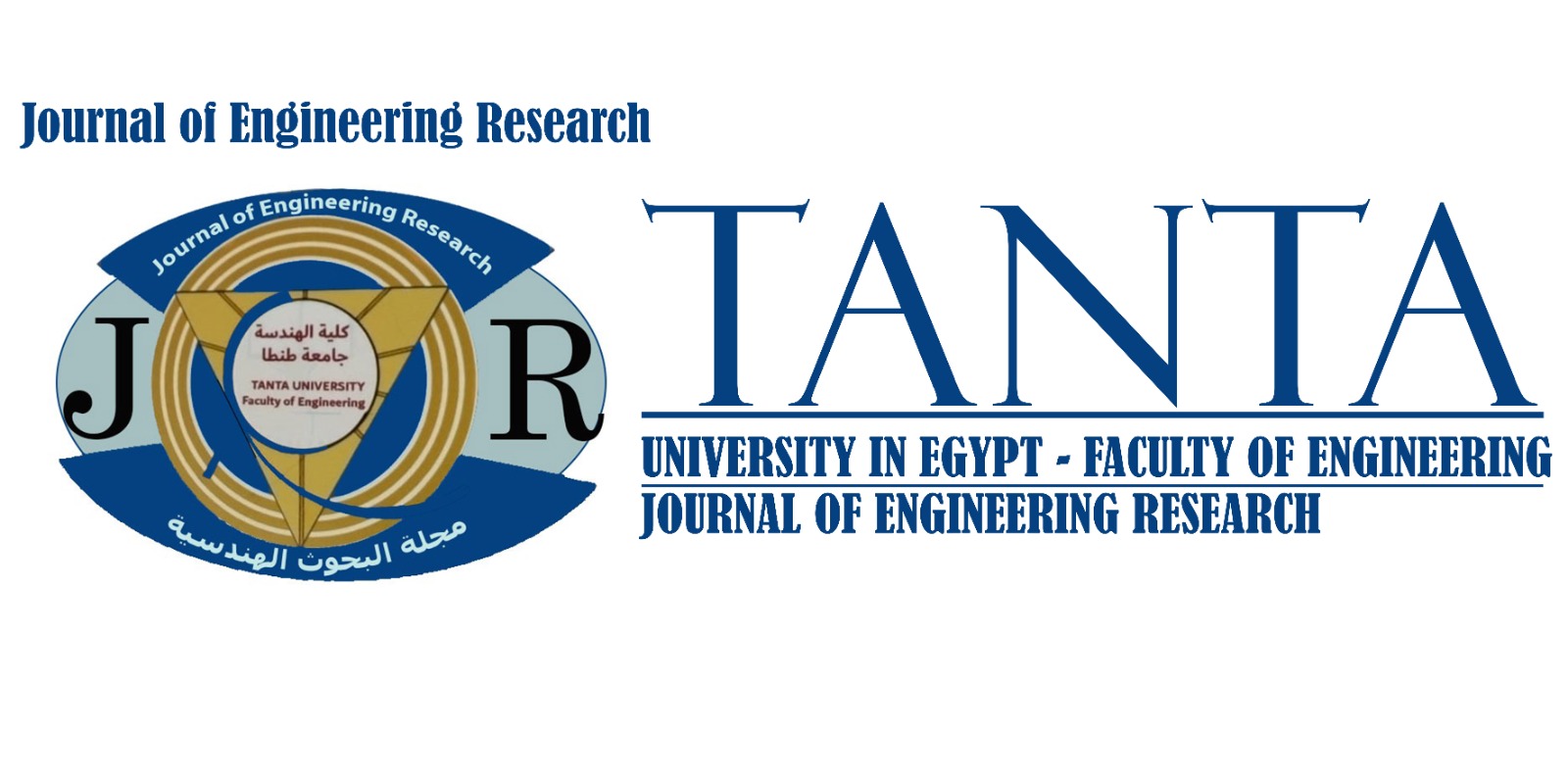Journal of Engineering Research

Abstract
This paper aimed at formulating a teaching framework for environmental control to develop students' skills. It emphasizes the importance of multiple strategies into architectural education and proposes a coordinated approach between three courses’: environmental control, Islamic architecture history, and architectural design. It reviews pedagogical approaches in architectural education to design a framework to environmental control. That framework achieves the course outcomes for the higher education ministry syllabus and goes in line with both Egyptian and American quality standards. The framework involves several activities, including lectures that introduce the theoretical background, construction of physical models, teamwork presentations, use of simulation software, usage of laboratory equipment, and visits to distinctive buildings. The framework was implemented on second-year architecture students in two different Egyptian schools: the Architecture Department at Nile Higher Institute, Mansoura, and the Architecture Department at Higher Technological Institute, 10th of Ramadan City.The framework evaluation implementation was carried in several ways: direct assessment through the analysis of student learning outcomes assessment scores, and indirect assessment through a student questionnaire. Closed-ended answers were analyzed quantitively, and open-ended answers were analyzed qualitatively. Feedback was taken from instructors. The results were discussed twice. Once the department council meeting, the second was with a board consisting of industry representatives, students, and alumnus. The results were used to adjust the new framework. The findings provide insights for educators. It suggests that the framework could be adapted in other education settings, and further research could investigate the long-term impact on students' professional practice.
Recommended Citation
Desouki, Hesham Awad, Mahmoud
(2023)
"Integrating Environmental Control and Architectural Design: A Coordinated Teaching Framework that uses multiple Strategies to enhance student skills,"
Journal of Engineering Research: Vol. 7:
Iss.
3, Article 54.
Available at:
https://digitalcommons.aaru.edu.jo/erjeng/vol7/iss3/54

